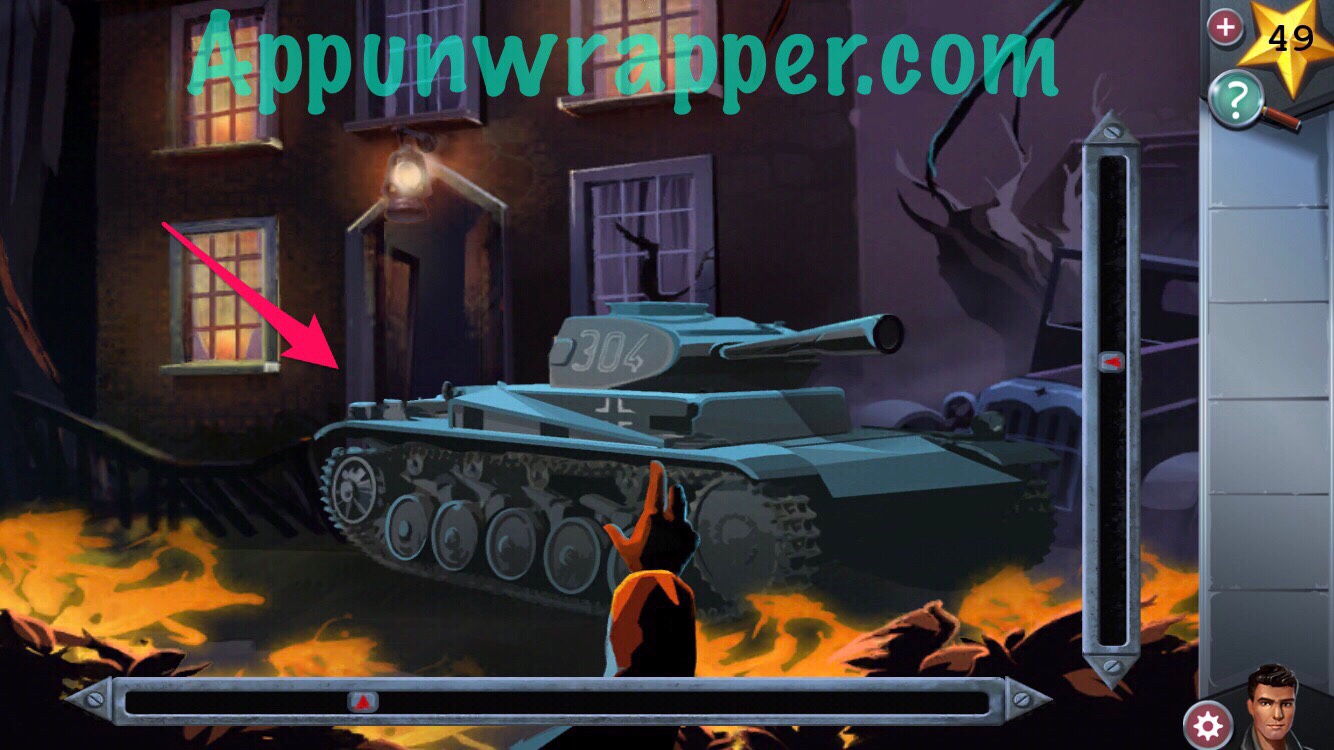Allied Spies Chapter 3 delves into the captivating world of espionage during World War II. From the diverse techniques employed by Allied powers to the relentless counterintelligence efforts of Germany, this chapter unveils the intricate strategies and challenges that shaped the course of the conflict.
As we delve deeper, we will explore the impact of Allied espionage on military decisions, the legacies of notable spies, and the enduring effects on the post-war world.
Allies’ Espionage Techniques

During World War II, the Allied powers employed a wide range of espionage techniques to gather intelligence on their enemies. These techniques included:
Human Intelligence (HUMINT)
- Infiltration of enemy organizations by undercover agents
- Recruitment of spies from within enemy populations
- Interrogation of prisoners of war
Signals Intelligence (SIGINT)
- Interception and decryption of enemy communications
- Development of code-breaking techniques
Photographic Intelligence (PHOTINT)
- Aerial reconnaissance missions to take photographs of enemy installations
- Use of satellites to collect imagery
The Allies also used a variety of other techniques, such as sabotage, propaganda, and deception, to support their espionage efforts.
Challenges Faced by Allied Spies
Allied spies faced a number of challenges in enemy territory, including:
- The risk of capture and execution
- The need to operate in secrecy
- The difficulty of obtaining reliable information
Despite these challenges, Allied spies played a vital role in the Allied victory in World War II.
German Counter-Intelligence Efforts

To combat Allied espionage, Germany employed a comprehensive counter-intelligence apparatus. The Abwehr, Germany’s military intelligence agency, was responsible for identifying and neutralizing Allied spies. The Gestapo, the secret police, also played a significant role in counter-intelligence operations.
Methods of Identification and Capture
The Germans used various methods to identify and capture Allied agents. These included:
- Interrogation of captured spies: The Germans interrogated captured Allied spies to obtain information about their networks and activities.
- Surveillance: The Germans conducted extensive surveillance of suspected Allied agents. They monitored their movements, communications, and contacts.
- Double agents: The Germans recruited double agents to infiltrate Allied spy networks and provide information.
- Codebreaking: The Germans had a skilled team of codebreakers who intercepted and deciphered Allied communications.
Effectiveness of German Counter-Intelligence
German counter-intelligence efforts were generally effective in combating Allied espionage. The Germans successfully identified and captured numerous Allied spies, disrupting their networks and operations. However, the Allies also had some successes in penetrating German counter-intelligence measures. For example, the British Secret Intelligence Service (SIS) was able to establish a network of double agents within the Abwehr.
Impact of Allied Espionage on the War

Allied espionage played a crucial role in shaping the course of World War II. Through meticulous intelligence gathering and analysis, Allied spies provided invaluable information that influenced military decisions, tactical operations, and the overall strategic direction of the war.
Allied Intelligence Influence on Military Decisions
Allied intelligence significantly impacted military decisions by providing accurate and timely information about enemy troop movements, military capabilities, and strategic plans. This enabled Allied commanders to:
- Anticipate and counter enemy offensives, such as the D-Day landings and the Battle of the Bulge.
- Plan effective bombing campaigns, targeting key industrial and military targets.
- Develop strategies to disrupt enemy supply lines and communication networks.
Long-Term Effects of Allied Espionage on the Post-War World
The impact of Allied espionage extended beyond the war’s immediate outcome. The vast intelligence gathered during the war:
- Facilitated the prosecution of war criminals through the Nuremberg Trials.
- Shaped the development of modern intelligence agencies and techniques.
- Contributed to the Cold War’s ideological divide and the establishment of the intelligence community.
Notable Allied Spies: Allied Spies Chapter 3

During World War II, several Allied spies played pivotal roles in gathering crucial intelligence and undermining enemy operations. These individuals, hailing from diverse backgrounds and driven by a range of motivations, made significant contributions to the Allied victory.
Nancy Wake
Born in New Zealand, Nancy Wake was a fearless resistance fighter and spy. Known as “The White Mouse,” she infiltrated Nazi-occupied France and coordinated sabotage missions, disrupting enemy supply lines and providing vital information to the Allies.
Juan Pujol García, Allied spies chapter 3
A Spanish double agent, Juan Pujol García fed the Nazis false information while secretly working for the British. His fabricated intelligence, codenamed “Operation Garbo,” misled German commanders and contributed to the Allied success in the Battle of Normandy.
Krystyna Skarbek
A Polish countess, Krystyna Skarbek was a resourceful spy and courier. Operating in occupied Poland and France, she gathered intelligence, assisted downed Allied pilots, and established resistance networks.
Dusko Popov
A Serbian playboy and double agent, Dusko Popov played a complex role in the war. As a “triple agent,” he worked for both the Allies and the Germans, providing both sides with misleading information while secretly aiding the Allies.
Eli Cohen
An Israeli spy, Eli Cohen infiltrated the Syrian military and rose to a high-ranking position. His detailed intelligence reports on Syrian military capabilities and plans proved invaluable to Israel during the Six-Day War.
These spies, among others, demonstrated extraordinary courage, resourcefulness, and dedication. Their contributions to Allied intelligence efforts had a profound impact on the course of the war, and their legacies continue to inspire modern espionage techniques.
Ultimate Conclusion

Allied Spies Chapter 3 concludes by emphasizing the profound impact of espionage on the outcome of World War II. The daring operations and meticulous intelligence gathering played a pivotal role in shaping the conflict’s trajectory, leaving an indelible mark on the world of espionage and international relations.
Essential Questionnaire
What were the key espionage techniques used by the Allies?
The Allies employed a range of techniques, including codebreaking, agent infiltration, and aerial reconnaissance.
How did the Germans combat Allied espionage?
The Germans established a sophisticated counterintelligence apparatus that employed surveillance, interrogation, and double agents to identify and neutralize Allied spies.
What impact did Allied espionage have on the war?
Allied espionage provided valuable intelligence that influenced military decisions, disrupted enemy operations, and shortened the war.





